Keys Differences Between a Colloquium and a congress

In the professional world, it’s common practice to organize events to encourage exchanges, share knowledge and develop networks. These include conferences and congresses. Although these terms are often used interchangeably, there are some notable differences. In this article, we’ll take a look at these differences, as well as the reasons why it would be advantageous to hold such an event at the Palais des Congrès CID Deauville.
What is a colloquium?
A colloquium is a meeting organized around a specific theme, generally bringing together experts in a given field. Its aim is to present scientific or professional papers, discuss recent advances and debate specific issues. Participants are often invited to submit papers for presentation at the event. The main aim of a symposium is to stimulate discussion and generate new ideas among participants.
Key features of a colloquium
- Precise, focused theme
- Presentation and discussion of articles or studies
- An atmosphere conducive to debate and exchange of ideas
- Participation of experts and researchers
What is a congress?
A congress is a broader, more general meeting, often organized by a professional association or organization. The aim of the event is to bring together members of a profession or business sector to share information and update their knowledge. A congress may also include elements of continuing education, as well as practical workshops. Unlike a colloquium, a congress generally attracts a more diversified audience, not just experts.
The main characteristics of a congress
- A more general event, open to all
- Knowledge updating and information sharing
- Networking and professional development opportunities
- Practical workshops and training
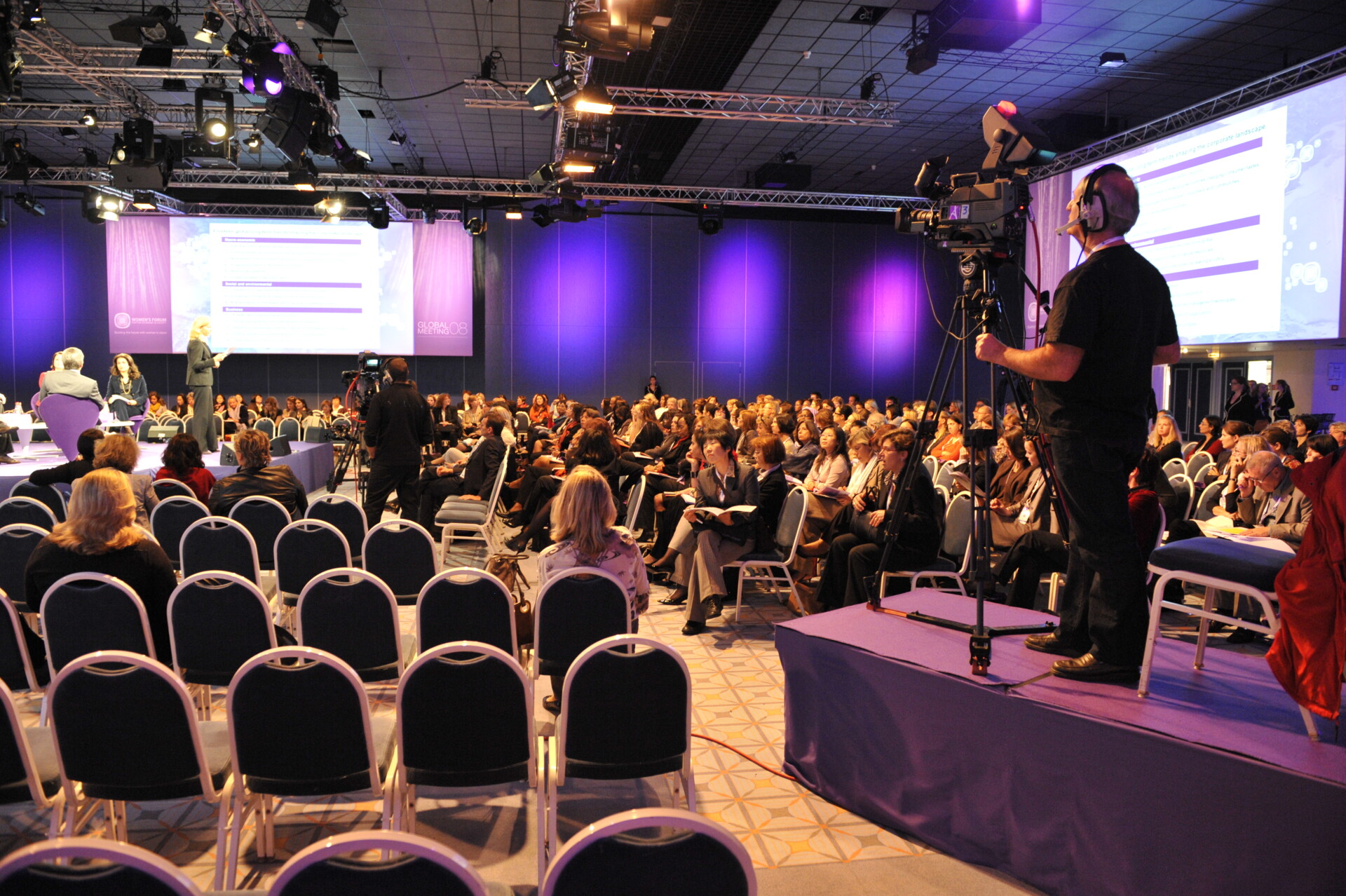
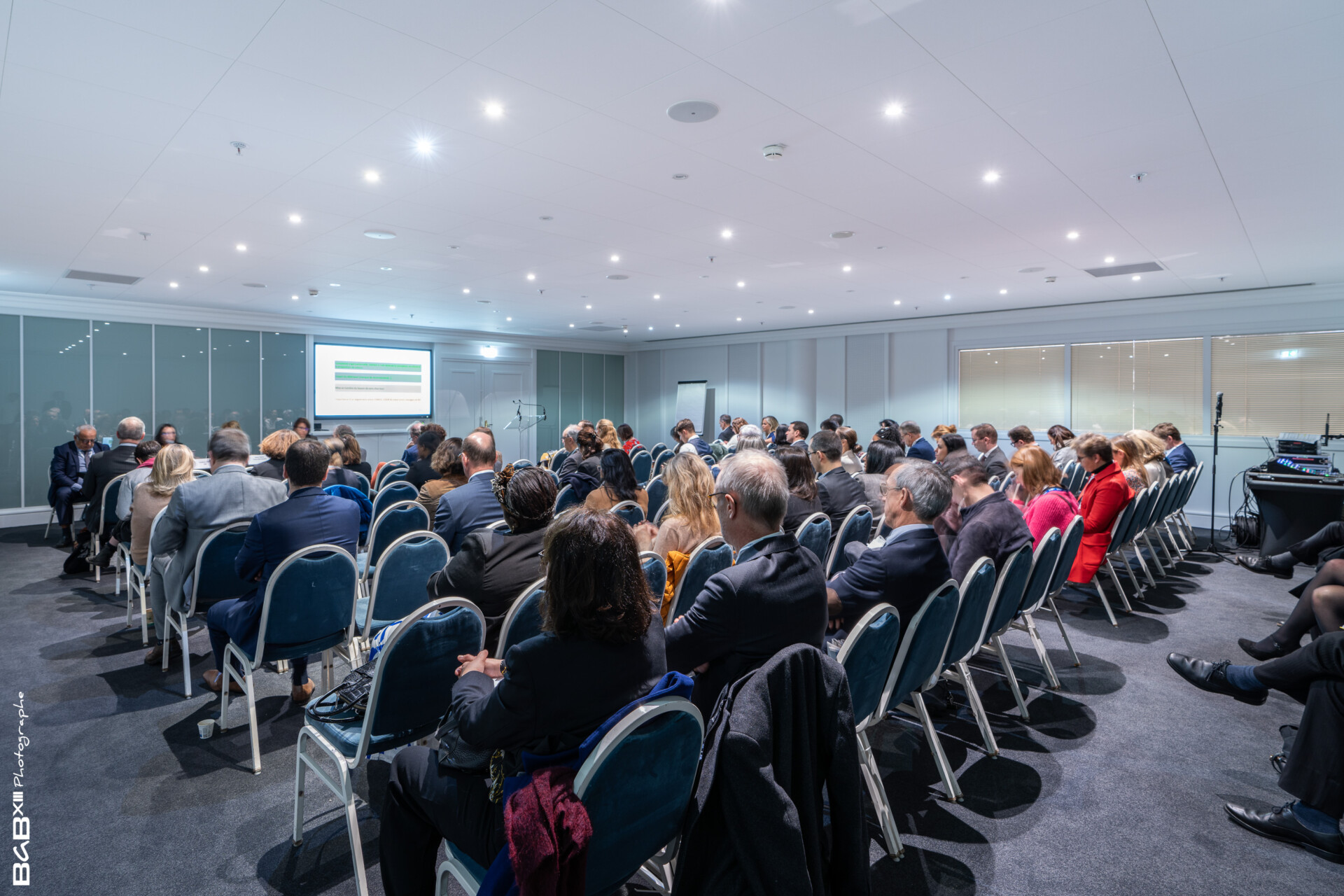
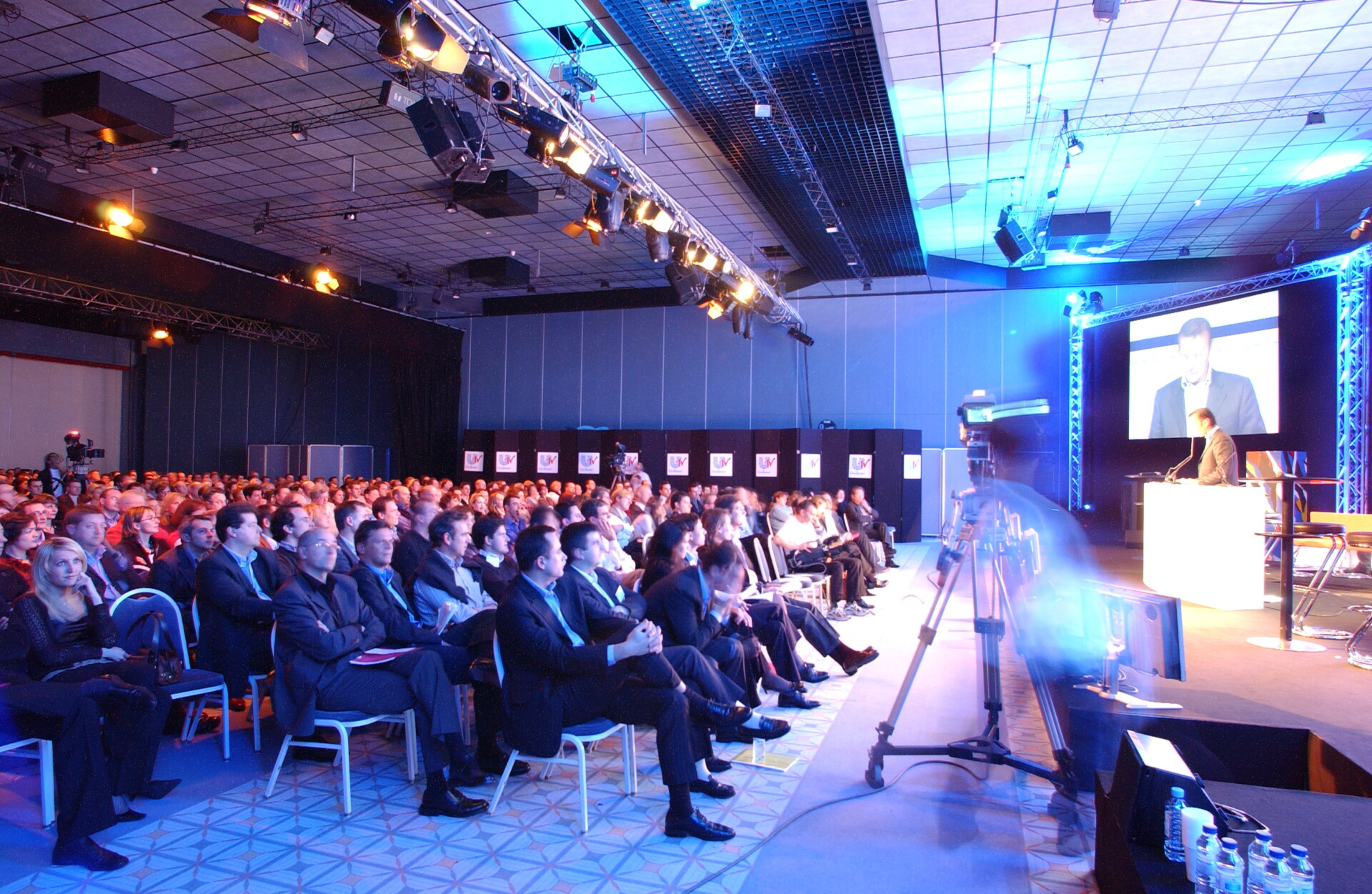
The advantages of the Palais des Congrès CID Deauville for organizing your event
Whether you’re organizing a conference or a congress, the Palais des Congrès CID Deauville offers an exceptional setting to ensure the success of your event. Here are just some of the reasons why CID Deauville is the ideal venue for your event:
A privileged location for a congress or colloquium
Located in Normandy, the CID Deauville is ideally situated between Paris and the Normandy coast. Easily accessible by car, train or plane, it enables your event participants to get together quickly.
Modern facilities for your conference or convention
The Palais des Congrès offers a wide range of modular rooms and spaces for events of all sizes, from small workshops to major international conventions. The technical equipment and services on offer are state-of-the-art, ensuring that your event runs smoothly.


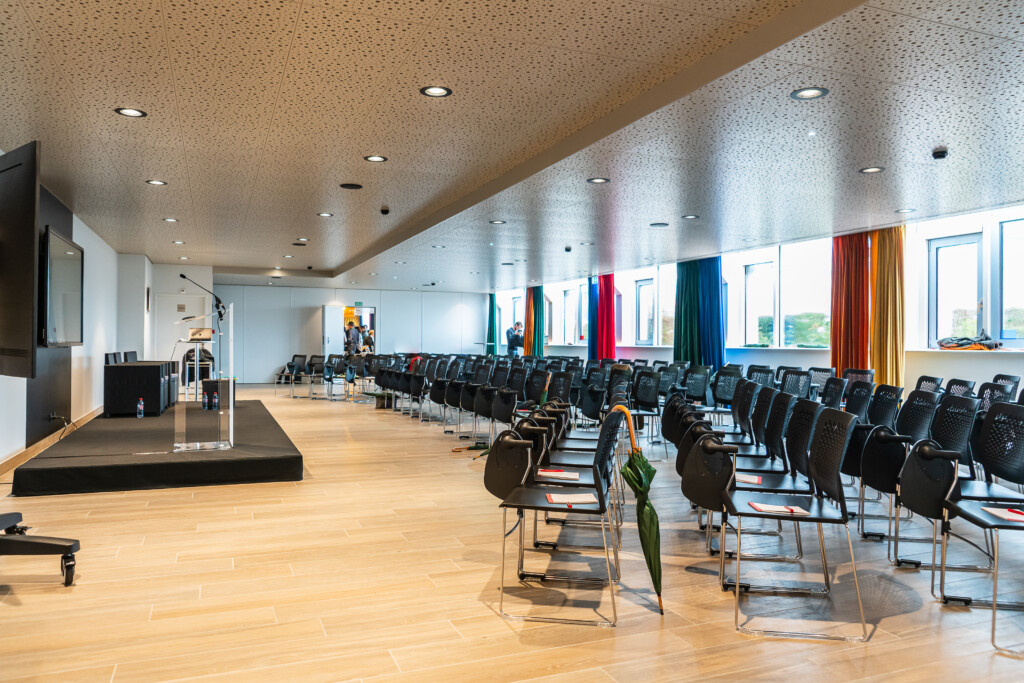
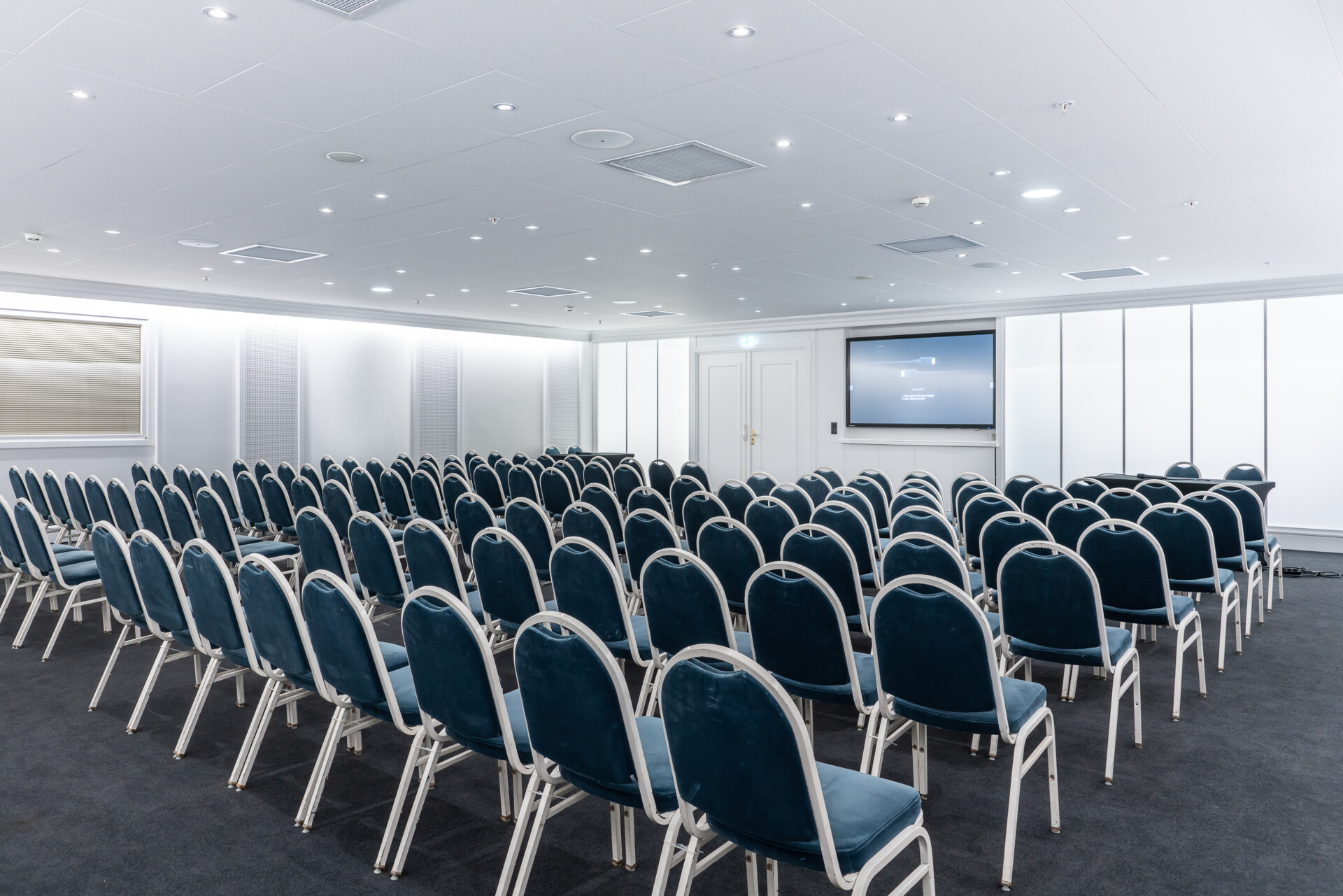

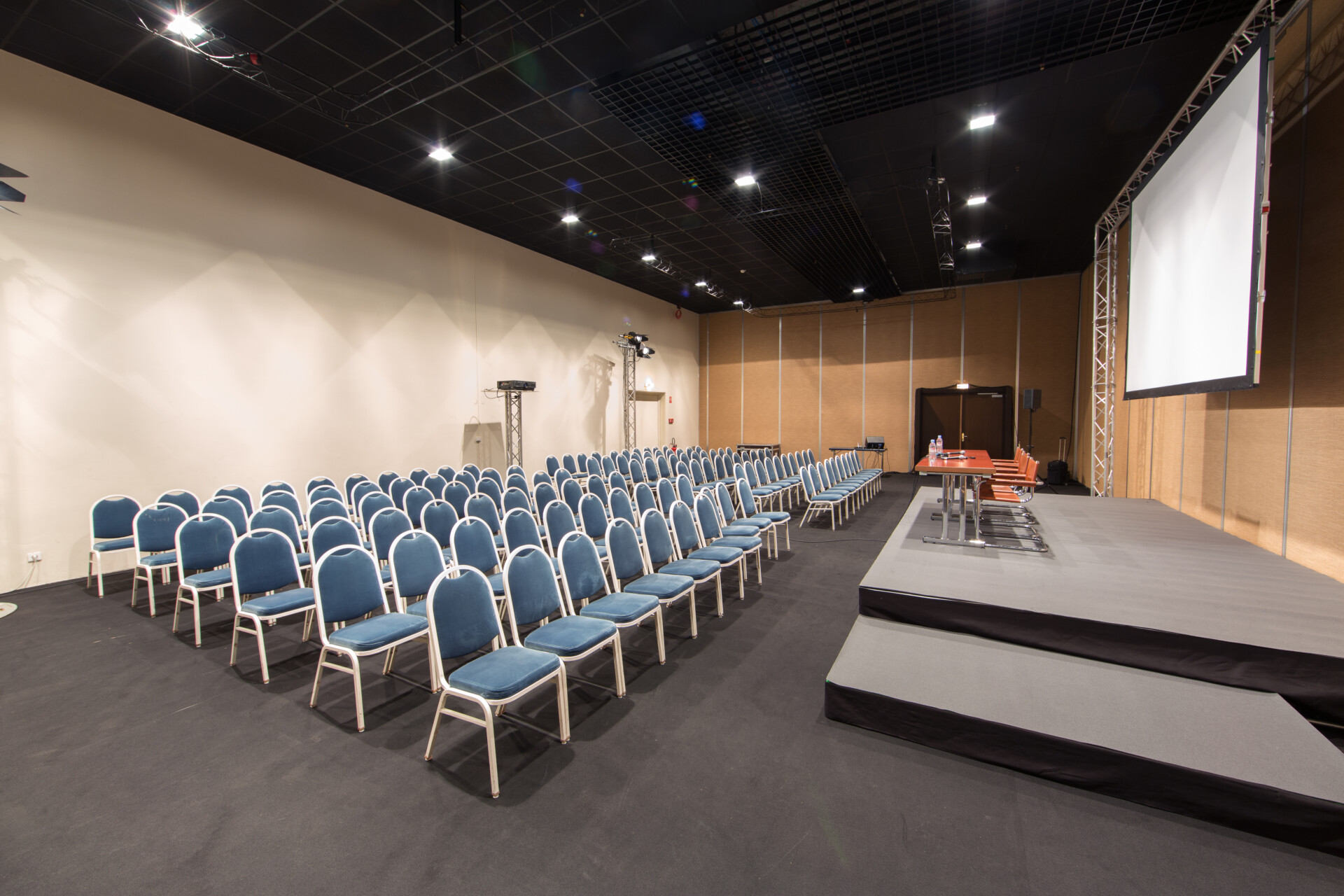


A comprehensive range of services to ensure the success of your conference or congress
When you choose the CID de Deauville to organize your conference or convention, you’ll also benefit from the support of a professional, experienced team. They’ll be on hand to help you plan and carry out your event, from conception to completion. In addition, the Palais des Congrès works with numerous local partners, such as accommodation providers, caterers and service providers, to meet all your needs.
A setting conducive to exchange and well-being
In addition to its infrastructure and services, the CID Deauville offers a pleasant and friendly environment that encourages exchanges between the participants of your event. Between work sessions, they can take advantage of Deauville’s many attractions, including its casino, beaches, golf courses… An ideal setting for combining work and relaxation!
In a nutshell, a symposium is a targeted meeting on a specific theme, focused on the exchange of ideas and the presentation of scientific or professional work. A congress, on the other hand, is more general and aims to bring together members of a profession or business sector to share information and develop their network. The Palais des Congrès CID Deauville offers an exceptional setting for these events, thanks to its privileged location, its modern and adapted infrastructures, and a complete range of services to ensure the success of your event.
